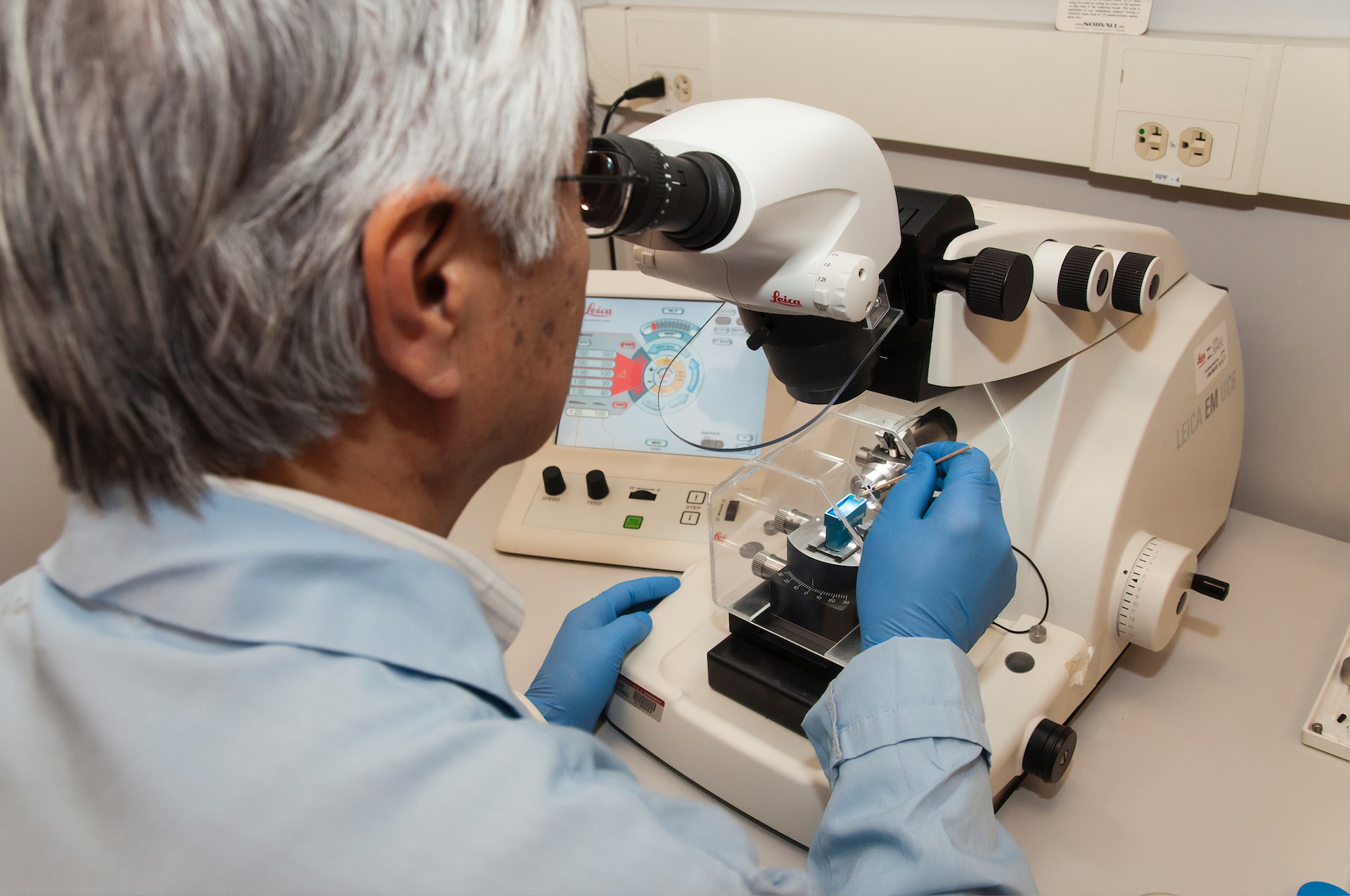Feb
6

While mouth cancer is the 6th most common cancer in the world, it’s less common in the UK. But that doesn’t mean you should ignore worrying symptoms; like all cancers, oral cancer is highly treatable, but quick detection and early treatment is key.
In this article, we’re going to take a look at the most common signs of oral cancer, risk factors that may affect your chances of developing this serious illness, and when you should see a dentist. Let’s take a look.
What is mouth cancer?
Oral cancer occurs when a cancerous tumour grows in any part of the mouth, including the lips, tongue, cheeks, gums, and throat. Oral cancer is highly linked to exposure to environmental factors – such as smoking – although having HPV (human papillomavirus) is now considered a risk factor for younger people.
What are the symptoms of oral cancer?
In some cases, someone with oral cancer may not show any symptoms in the earlier stages of the disease. Those who do experience symptoms may notice one or more of the following:
Persistent mouth ulcers
Stubborn mouth ulcers are a common sign of oral cancer, and you should always see a dentist if you experience painful mouth ulcers that don’t heal in less than a few weeks. While mouth ulcers don’t automatically indicate cancer, it’s still a good idea to get them checked out by your dentist – this can rule out any malignant tumours, while also getting you any necessary treatment for the ulcers themselves.
Lumps in the throat or lymph glands
Some oral cancers can cause a lump to appear in the throat, jaw or neck area. This lump may feel swollen and tender to the touch, and may increase in size over time. If you notice any lump in your throat or mouth region, or even on the inside of your gums, make an appointment with your dentist as soon as possible. Make sure to explain your symptoms when booking your appointment in order to get a quick consultation.
Unexplained bleeding
If you experience unexplained bleeding inside your mouth or throat, this could also be a sign of oral cancer. It’s also important to note that most gum or mouth bleeding isn’t usually cancerous, and is most likely linked to gum disease or gingivitis. That said, err on the side of caution and see your dentist if you begin to notice a sudden increase in bleeding.
Loose teeth
Another symptom of oral cancer is loose teeth; this can be caused by a tumour forming around the jawbone, causing damage to the bone and weakening the teeth, causing it to become loose. If you begin to notice that your tooth seems loose for no particular reason, make sure to book an appointment with your dentist so they can rule out any potential malignant tumours.
Red and white patches
Red or white patches on the roof of the mouth can also be a sign of oral cancer. These patches may also be present in other areas of the mouth, such as the tongue, gums or cheeks. In some cases, these patches may also be accompanied by pain or discomfort when eating, or difficulty swallowing. Again, note that in most cases, these patches will most likely not be cancerous; both tonsillitis and thrush can cause red and white patches to appear in the mouth. However, it’s still important to get any and all symptoms checked out by your dentist.
Can a dentist tell if I have oral cancer?
While they won’t be able to give you a formal diagnosis, your dentist London will be able to refer you to your GP if they notice any abnormalities during a check-up. This is another reason why it’s so important to keep up with regular dental appointments; your dentist will be able to keep an eye out for any changes in your teeth and mouth, and be on the lookout for any tell-tale symptoms that may indicate a cancerous growth.
If your dentist suspects that you may have oral cancer, they will refer you to your GP for further tests and examinations. You will only receive a cancer diagnosis from a specialist, and this will usually only occur after a series of tests, such as a biopsy.
What is the survival rate of Stage 1 oral cancer?
The five-year survival rate for stage 1 oral cancer is around 85%, although do note that this is figure is across all demographics, and survival rates for gender and age groups may differ. In general, mouth cancer is highly treatable when found early and hasn’t spread to the nearby lymph nodes, so it’s incredibly important to keep up-to-date on your dental check-ups.
What age are you most likely to get oral cancer?
Like most cancers, your chances of developing oral cancer increase with age. Most people with mouth cancer will receive a diagnosis of the disease when they’re 55 or older, although oral cancer can still occur in young people in exceptional cases. The best way to decrease your chances of developing this disease is to practise good oral hygiene, see your dentist every six months, and avoid smoking.










